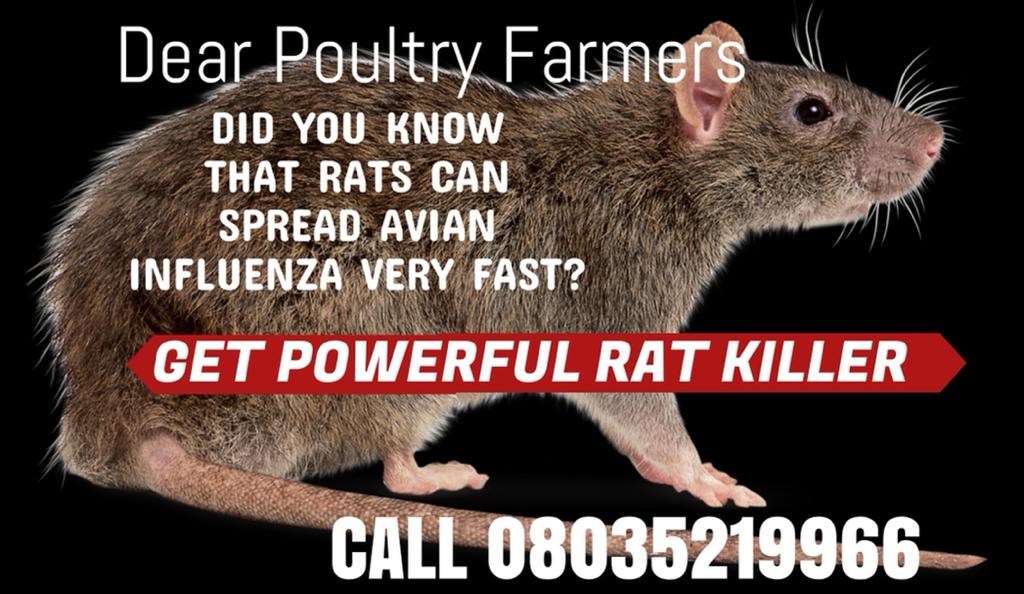FG’s New Plan to Boost Livestock Production in Nigeria
The Federal Government has said it will provide incentives to farmers to help reduce the high cost of livestock feed in the country, particularly those in the rural area as part of efforts to boost livestock production in the country.
The Minister of Agriculture and rural development, Muhammad Abubakar, made this known on Thursday at the National Animal feed summit held in Abuja.
 Learn More
Learn More“Government will step up on its development plan to provide incentives to feed millers and agribusiness companies to locate in rural areas where feed ingredients are largely available, improve on the level of education of farmers on modern animal and feed production techniques, support various research institutes in developing alternative feed ingredients in providing animal feeds to ameliorate the effects of the high cost of feed, he said.

The Minister said to transform the animal feed sector, Nigeria must embark on livestock feed production, industrialization, Feed Value Chain Development, Development of National Animal Feed and Feed Safety Policy, Establishment of National Strategic Feed and Feed Ingredient Reserve Centre, National Alternative Feed Ingredient Development, Promotion and Commercialization of Ruminant and Micro-livestock Feeds.
READ ALSO: See the good news about Miyetti Allah on open grazing alternative in Ondo State
Nigeria’s animal feed sector is faced with non readily available feed resources, largely due to the high cost of production, which in turn makes feed almost unaffordable by average farmers, this directly affects the price of Livestock. Animal Feed accounts for over 70percent of the cost of animal production, thereby making it the most important consideration in the livestock business.
The Minister said the sector which engages over 5 million Nigerians directly or indirectly, produces an average of 5.5million metric tonnes of animal feed per annum comprising 85percent poultry feeds, and with commercial ruminant and swine feed coming up in the industry, it will produce not less than 50 million metric tonnes per annum. Even with this, the feed sector has the potential to engage over 20 million Nigerians, as the industry is yet to reach 25percent of its market size.
He assured governments attention to the animal feed need of farmers in the country through an enduring policy that will transform Nigeria’s livestock and agriculture in general, for the benefit of the citizenry.
“As Minister for Agriculture and Rural Development, the issue of animal feed and human food security is a priority on my agenda. I am aware that the Ministry has been committed to the development of the nation’s feed industry by making budgetary provision for capacity building on Alternative Ingredients such as cassava peels and cocoa pod with the supply of cottage feed-block mold in some states in the East and West of Nigeria based on comparative advantage,” he concluded.
READ ALSO: Apply for this Financial Opportunity to Scale Up Your Farming Business
In his remarks, Ernest Umakhihe, the permanent secretary federal ministry of Agriculture and rural development reiterated that “the animal feed sector remains a challenge to animal husbandry practices, largely due to high cost of animal feeds, which are not readily available and where they are, they are not easily affordable by an average farmer.”

These challenges he said necessitated the need for National Animal Feed Summit, a platform to engage key stakeholders in the livestock feed industry to develop a roadmap for attaining sustainable animal feed security in the country.







![NiMet Predicts Late Onset Of Rainfall Across Nigeria In 2024 [Check Details]](https://worldfarmerscentre.com/wp-content/uploads/2024/02/images-2024-02-21T091823.034-218x150.jpeg)
![Nigerian states with fastest-rising food prices now [See list]](https://worldfarmerscentre.com/wp-content/uploads/2023/02/images-1-218x150.jpeg)







Very good program.
How can I benefit from this programme?.
I am a fish farmer in FCT, Abuja. (Mpape).
08057950278.